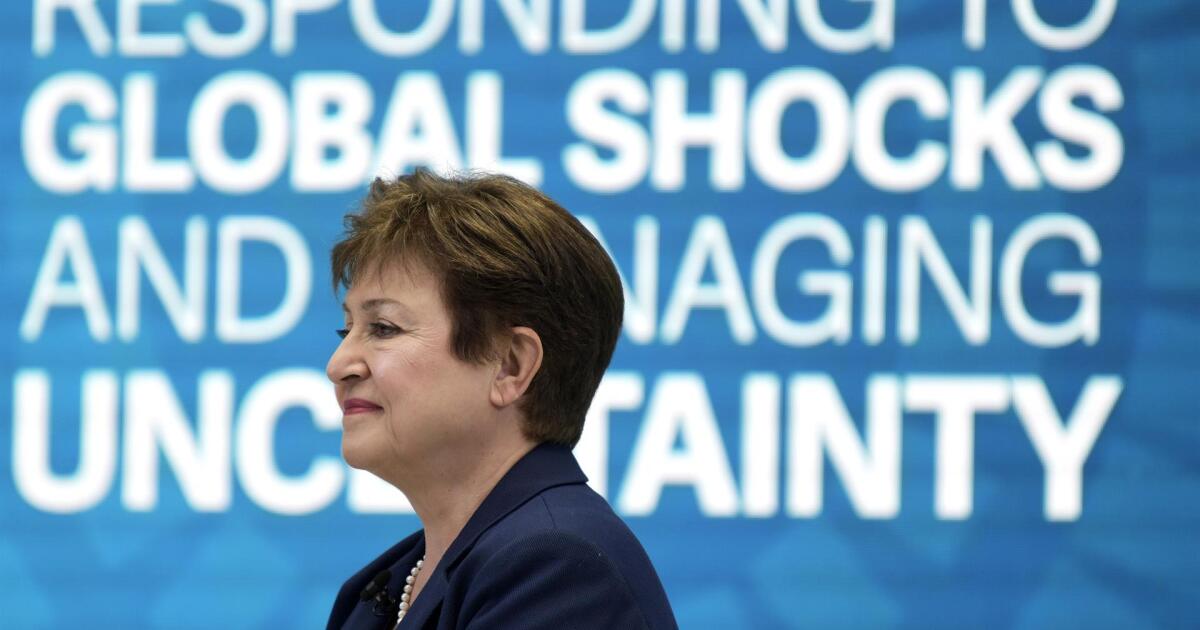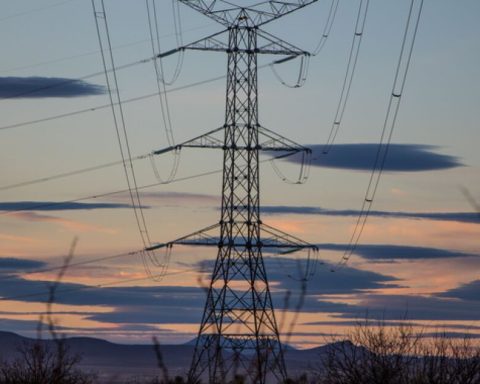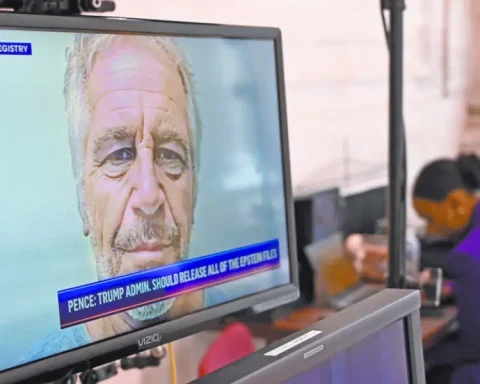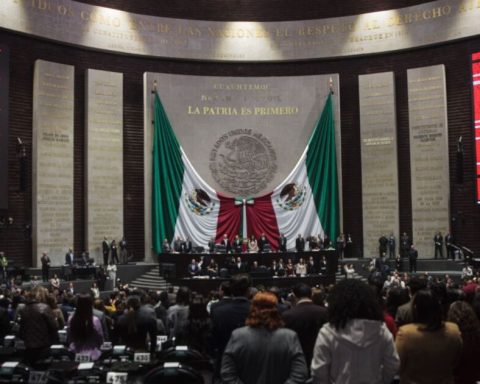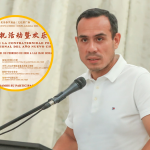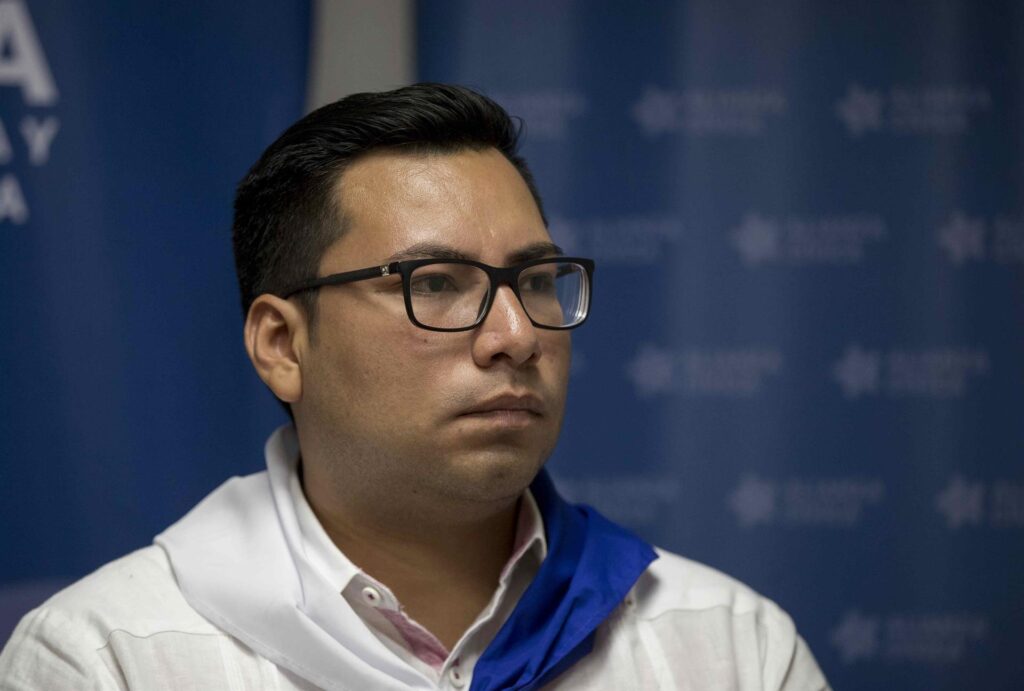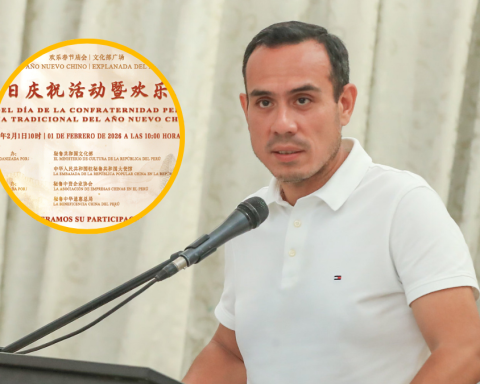Georgieva told Reuters that central banks are finding it increasingly difficult to reduce inflation without triggering recessions, due to mounting pressures on energy and food prices stemming from the war in Ukraine, China’s “zero- COVID”, which have curtailed manufacturing, and the need to reorder supply chains to make them more resilient.
He explained that strong demand from the United States, supply chain disruptions and the effects of the Ukraine war all point to more lasting inflation.
COVID is a latent risk
The COVID-19 pandemic is not over and there could be another crisis, he added on the sidelines of a meeting of G7 finance ministers and central bank governors in Germany.
China’s COVID policy, which has led to a widespread lockdown in major cities, is unworkable due to highly contagious variants, but Beijing is “hunkering down” to resist changing it, he said, adding its effects would be discussed at the meeting. .
She said she is not “too worried” about the Chinese economy because Beijing has fiscal and monetary policy space to support growth.
Georgieva said efforts by countries to shift their supply chains from maximum efficiency to greater resilience will increase some costs.
“So is this going to be a one-time price shock and then there’s no more impact on inflation? Or is it going to be some kind of further clipping of our wings,” he said. “We have to find out.”
